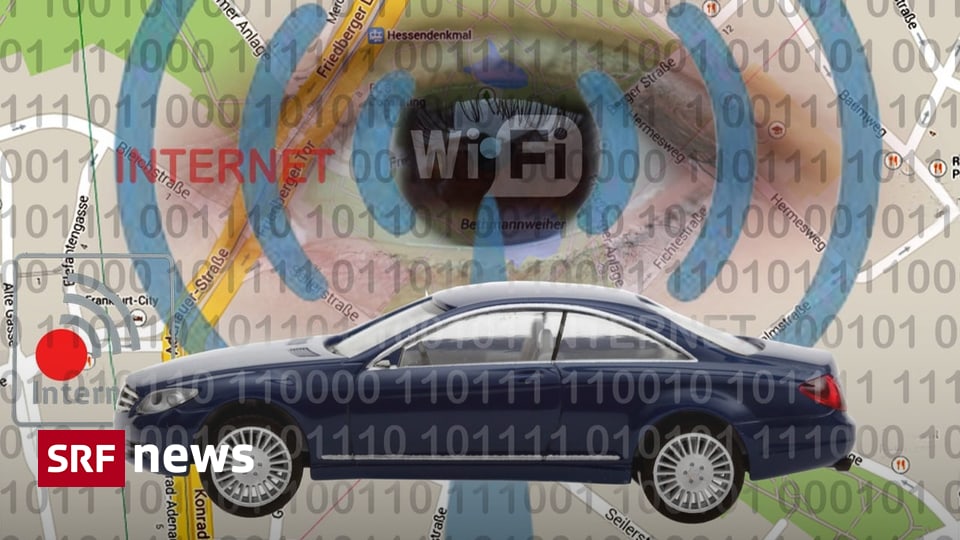Contents
Cars may collect far more data than necessary. Among other things, political opinion or religious belief.
Cars today collect more data than fitness bracelets or health apps. That is the conclusion of one new study by the Mozilla Foundation. Cars are increasingly becoming driving computers, not just electric cars, but cars in general. Cars analyze the speed of travel, when the driver buckles up, and how tightly the person grips the steering wheel.
It cannot be ruled out that conversations will be recorded and the interior will be filmed.
Tens of thousands of data are collected in the vehicle itself, as Christian Bach explains. He is a vehicle specialist at EMPA, the Swiss Federal Materials Testing and Research Institute. It cannot be ruled out that conversations will be recorded and the interior will be filmed.
A privacy nightmare
Of 25 car brands that were examined, well-known brands such as Volkswagen, Audi, Kia and Tesla received a poor grade. Thanks to cameras and sensors, the cars collected much more data than necessary, and even recorded sexual orientation, political opinions and religious beliefs, for example for marketing purposes or to sell the data to third parties.
Kia did not respond to a request from Radio SRF and Tesla refers to its privacy policy. Volkswagen, Audi, Ford and Toyota have commented on the news portal Euractiv and emphasize that they protect the privacy of all customers and suppliers. They also question the study, saying it is not based on facts and is far-fetched.
It is very difficult to figure out what kind of data will be collected, how it will be analyzed and where it will ultimately end up.
In fact, the Mozilla study focuses on what is written in the privacy policies and not what kind of data the cars actually collect.
In general, this is very difficult to find out, as vehicle specialist Christian Bach from the Federal Materials Testing and Research Center (EMPA) explains.
Safety in the car or unnecessary surveillance?
In principle, car manufacturers are allowed to process data if it is relevant to the operation of the car and increases the safety of the occupants. It benefits drivers if their car warns them when they are driving too fast. One challenge, however, is that security and surveillance often cannot be clearly separated.
An example: According to Christian Bach, from 2024 new cars within the EU will have to be able to monitor drivers’ fatigue. “This could mean, for example, that the blinking of the eyes is analyzed.”
Cars registered in the European Union can automatically be sold in Switzerland. Cars that monitor us more closely to ensure our safety are likely to increase in Switzerland from next year.
